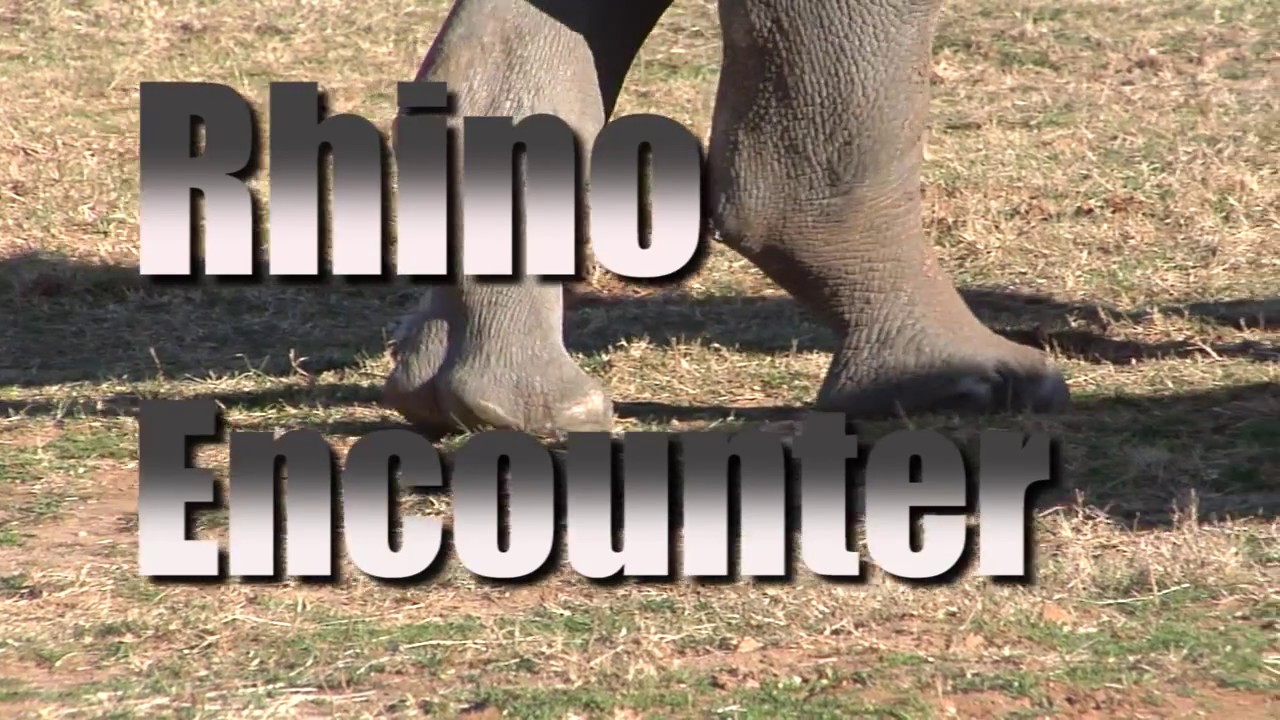- Overview and Objectives of the Rhino Encounter Program
- Zoological Management Considerations for Rhinos
- Importance of Conservation and Educational Outreach
- Impact of the Rhino Encounter Program on Wildlife Conservation
- Scientific Insights on Rhino Behavior and Habitats
The Rhino Encounter Program offers a rare opportunity to connect with one of the most majestic animals on Earth. As wildlife conservation becomes increasingly critical, interactive programs like this inspire and educate the public. The primary goal of the Rhino Encounter Program is to raise awareness about the threats facing rhinos and to foster a passion for their conservation. The focus is on providing a safe, engaging experience while advancing knowledge about rhino biology and behavior.
This program underscores the importance of rhinos as a keystone species in their ecosystems. By interacting directly with these animals, participants receive an education regarding rhino similarities to other pachyderms, their unique behaviors, and the conservation challenges they face. Expert-led tours provide essential insight into rhinos’ role in biodiversity and ecosystem health.
Zoo management is integral to the success of the Rhino Encounter Program. This entails maintaining facilities that mimic natural habitats to meet the behavioral and physical needs of rhinos. Creating environments that support natural behaviors requires precise planning and ongoing care. Rhinos benefit from enrichment activities that stimulate their instincts and mimic the challenges of their natural habitats. Zoo managers strive for continual improvement in creating environments that support not only rhino health but also their continued reproduction, contributing to species survival outside the wild.
In addition to direct rhino care, zoo management focuses on breeding programs and genetic diversity maintenance. These initiatives are complex, involving international collaborations aimed at preventing the extinction of endangered rhino species. Responsible management ensures that visitors experience an accurate representation of rhinos’ natural behaviors, emphasizing the reality of their daily struggles in the wild.
Public participation in the Rhino Encounter Program plays a significant role in conservation efforts. These encounters offer an engaging platform for disseminating critical information about habitat destruction, poaching, and global conservation initiatives. Participants gain an understanding of their potential influence in conservation, often leading to increased public support for conservation policies and initiatives. Visiting zoos is transformed from a passive experience into an active educational journey.
The program’s educational outreach extends to school groups, communities, and organizations, broadening the reach of conservation messages. Knowledge gained from these educational initiatives often translates into advocacy and participation in supporting rhino conservation projects. The Rhino Encounter Program impacts not only individual understanding but also collective action toward safeguarding these magnificent creatures.
The role of conservation cannot be overstated. With rhino populations dwindling due to poaching and habitat loss, conservation initiatives require public support and innovative strategies. The Rhino Encounter Program contributes to global conservation strategies by funding fieldwork and directly supporting anti-poaching efforts. Through increased awareness, individuals can contribute to broader efforts aimed at rhino protection and habitat preservation.
Scientific research is essential in informing conservation practices. Understanding rhino behavior and their habitat preferences guides not only zoo management but also field efforts designed to support wild populations. Advances in GPS tracking and genetic analysis offer insights into rhino migration patterns, breeding habits, and social structures. Technology plays a pivotal role in shaping conservation strategies and ensuring species survival.
The behaviors rhinos exhibit in human care provide valuable information for field researchers. Behavioral studies include observations of social interactions, responses to environmental changes, and adaptations in diverse habitats. This knowledge informs both zoos and conservationists conducting efforts to preserve and restore natural habitats, ensuring that rhinos thrive wherever they dwell.
In summary, the Rhino Encounter Program is a critical component of rhino conservation efforts. Its impact extends beyond a mere encounter, fostering a global community of informed advocates for wildlife conservation. By integrating zoo management, public engagement, and scientific research, these programs offer a blueprint for conserving not only rhinos but other endangered species worldwide. They underscore the significant role people play in the conservation narrative, urging immediate and sustained action to protect our planet’s biodiversity.
*****
Source Description
Check out this preview of a new educational offering we have for Jan. 16, 2017! To register, call 254.897.2960.


